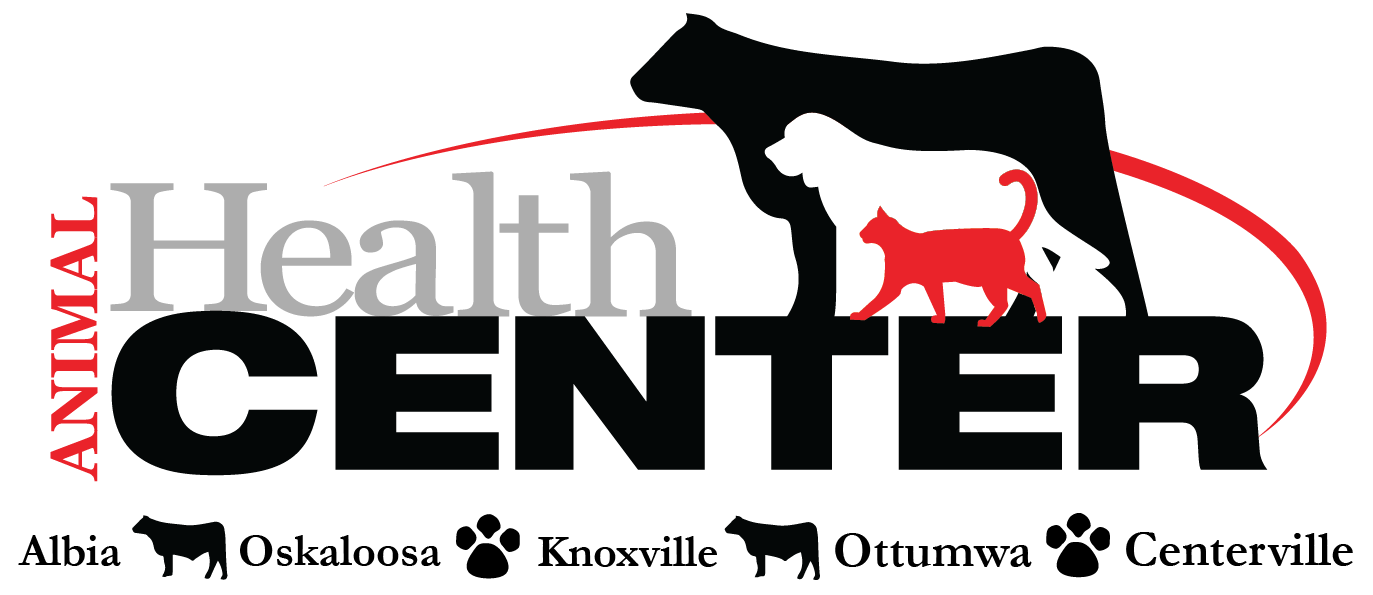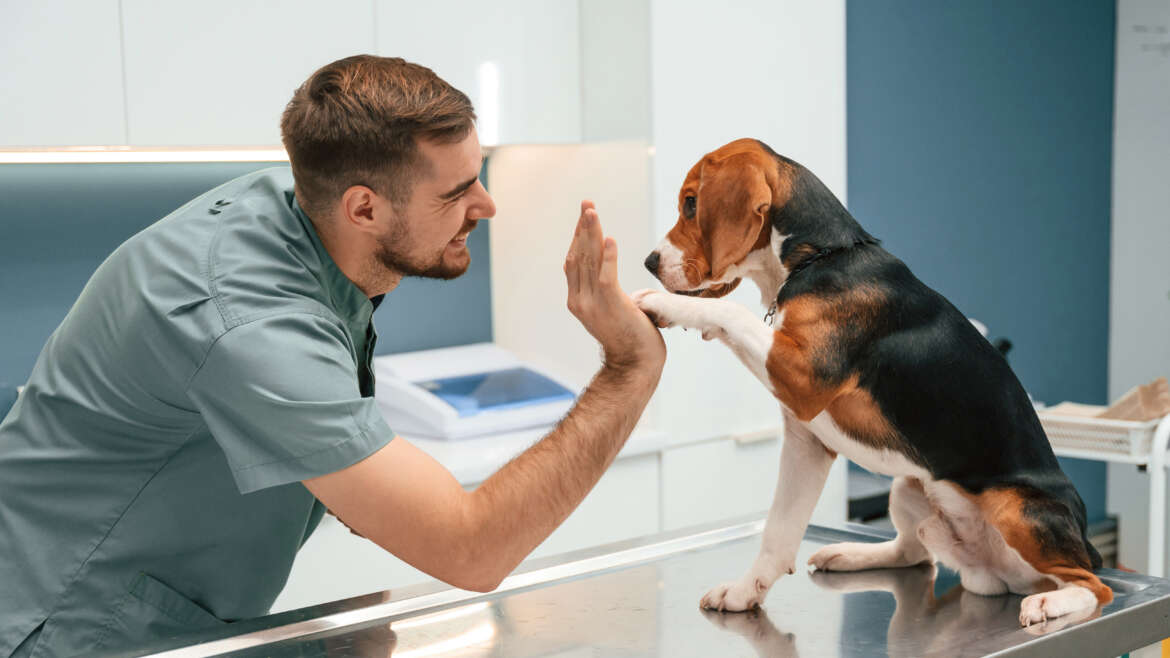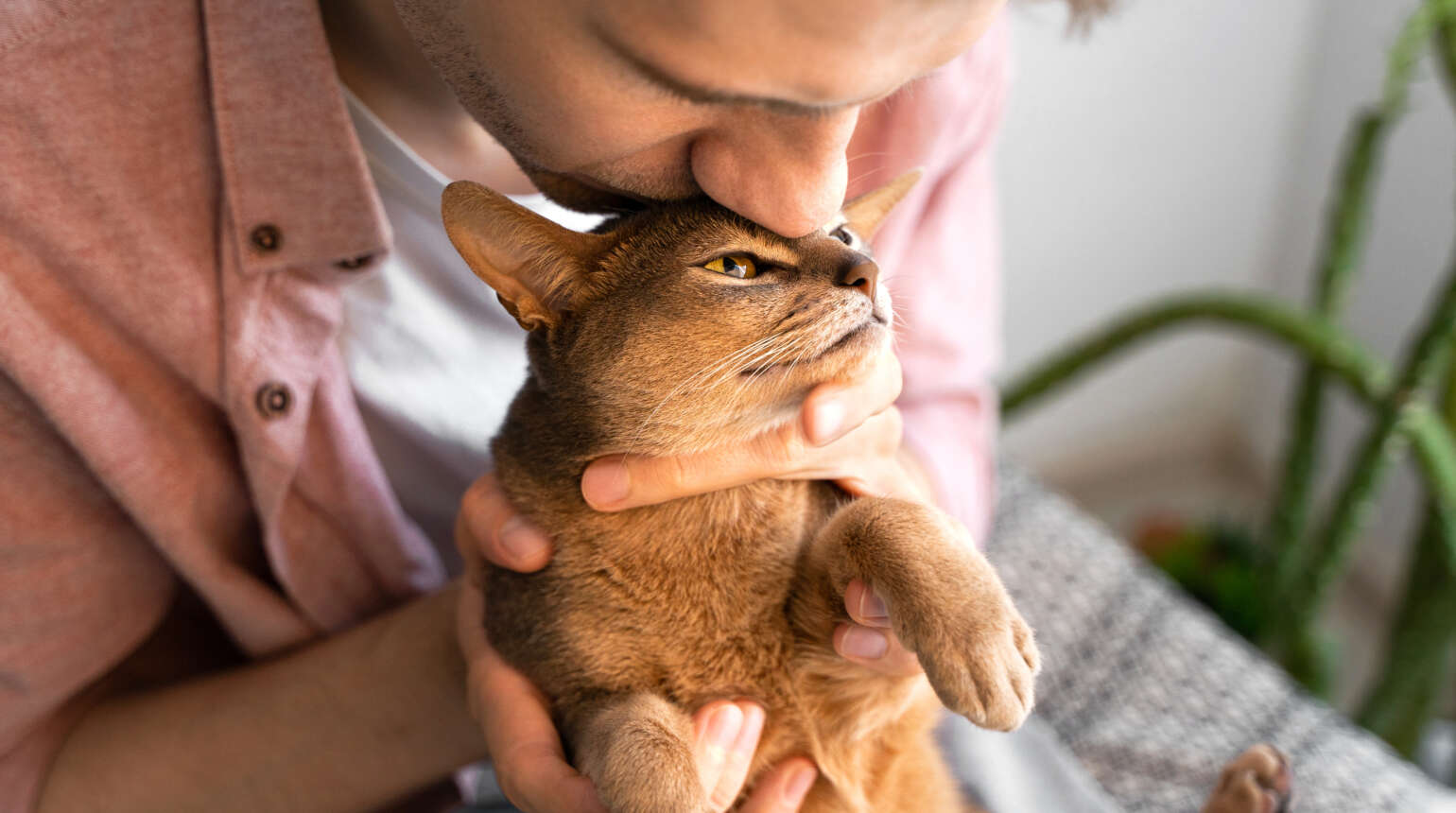What Does Immunizing Your Pets Entail?
When it comes to keeping our pets healthy, immunizations play a crucial role. Just like humans, pets are susceptible to a variety of diseases, some of which can be serious or even life-threatening. But what exactly does immunizing your pets entail? Let’s dive into the details.
Why Vaccinate Your Pets?
Vaccinations are essential for protecting pets from contagious and potentially deadly diseases. They work by stimulating the immune system to recognize and fight off specific pathogens. By creating a defense mechanism against these invaders, vaccines help keep your pet healthy and reduce the risk of disease transmission within the pet population.
Types of Vaccinations
- Core Vaccines: These are essential vaccines that all pets should receive, regardless of their lifestyle or location. They protect against the most common and severe diseases. For dogs, core vaccines typically include:
- Distemper
- Parvovirus
- Adenovirus (Hepatitis)
- Rabies
- For cats, core vaccines generally include:
- Feline Viral Rhinotracheitis (Herpesvirus)
- Calicivirus
- Panleukopenia
- Rabies
- Non-Core Vaccines: These vaccines are given based on a pet’s risk factors, such as lifestyle, geographic location, and exposure potential. For example:
- Dogs: Bordetella (kennel cough), Leptospirosis, Lyme disease
- Cats: Feline Leukemia Virus (FeLV), Feline Immunodeficiency Virus (FIV)
The Vaccination Schedule
Vaccination schedules can vary depending on your pet’s age, health status, and local regulations. Typically, puppies and kittens start their vaccination series around 6-8 weeks of age. They’ll need booster shots every few weeks until they reach about 16 weeks old. After the initial series, most pets will require booster shots annually or every three years, depending on the vaccine and your vet’s recommendations.
The Process of Vaccination
- Consultation: A veterinarian will assess your pet’s health and lifestyle to determine the appropriate vaccines. This includes discussing any potential risks based on your pet’s environment and activities.
- Administration: Vaccines can be administered via injection or, in some cases, orally. The process is typically quick and straightforward. Most pets experience minimal discomfort, although a brief period of lethargy or mild swelling at the injection site can occur.
- Monitoring: After vaccination, it’s essential to monitor your pet for any adverse reactions. While serious side effects are rare, some pets might experience mild symptoms like a slight fever or a reduction in appetite.
Benefits of Vaccination
- Prevents Disease: Vaccines protect pets from serious illnesses that can have severe consequences or even be fatal.
- Reduces Spread: Immunizing pets helps prevent the spread of infectious diseases within animal populations, reducing the risk for other pets and, in some cases, humans.
- Maintains Health: Regular vaccinations help ensure that your pet remains healthy and free from preventable diseases throughout their life.
Final Thoughts
Immunizing your pets is a fundamental part of responsible pet ownership. By staying up-to-date with their vaccinations, you’re not only safeguarding their health but also contributing to the overall well-being of the pet community. Regular check-ups with your veterinarian will ensure that your pet’s vaccination needs are met and that they lead a happy, healthy life.



